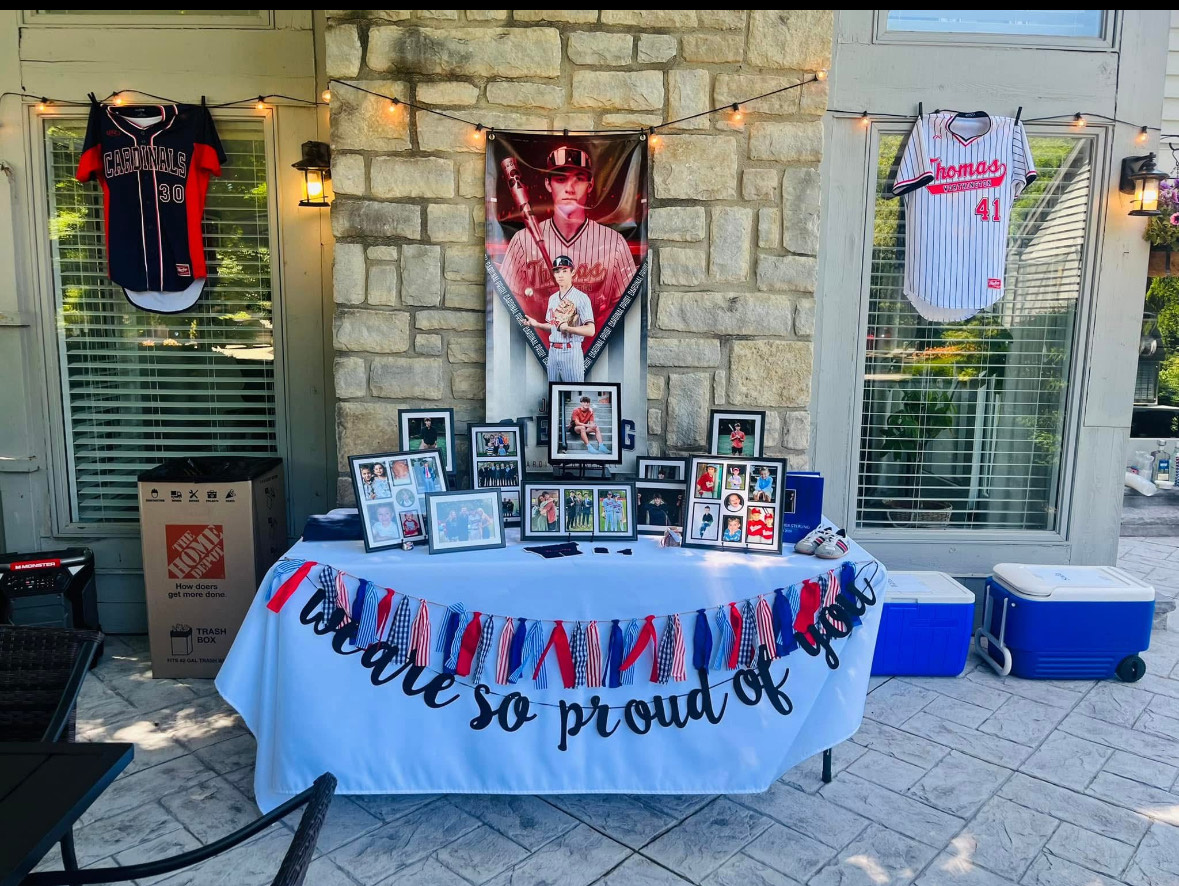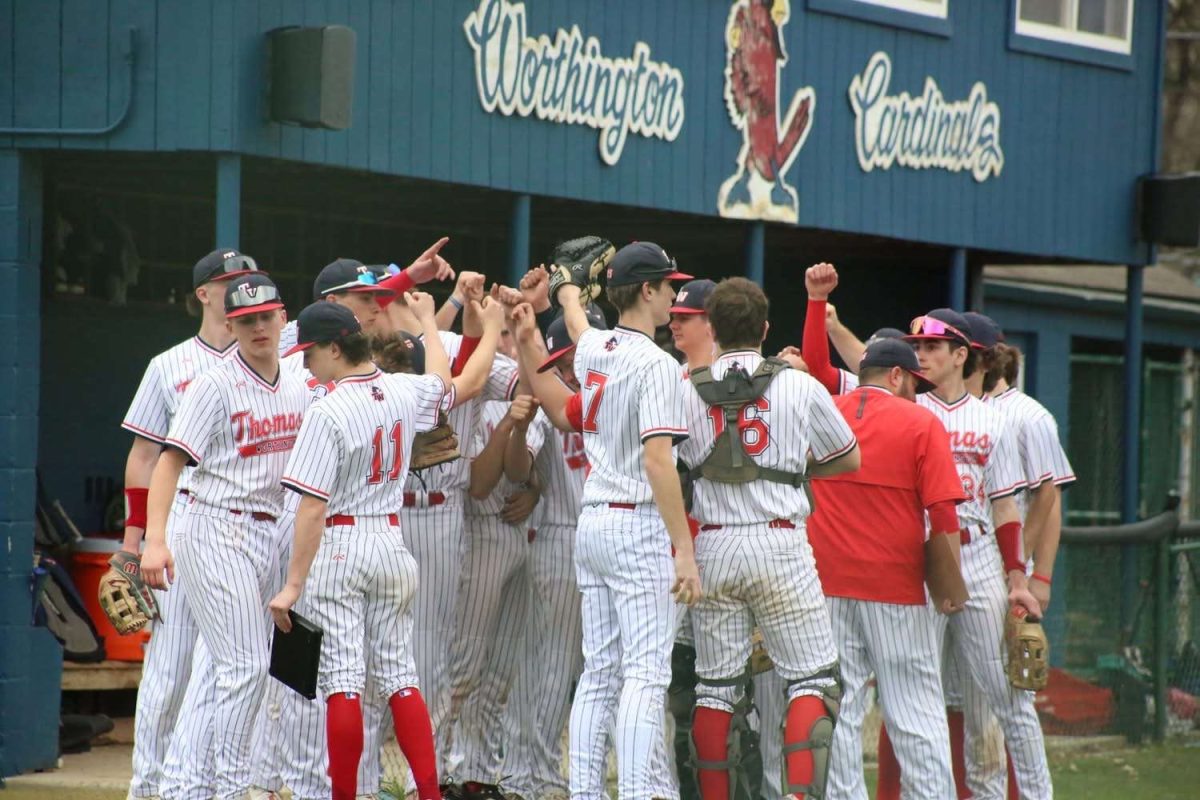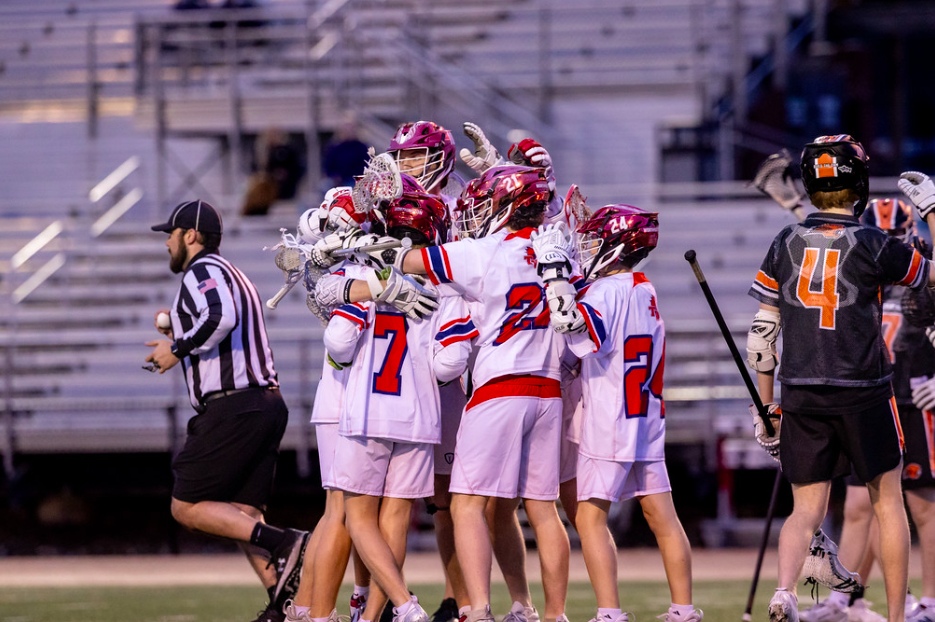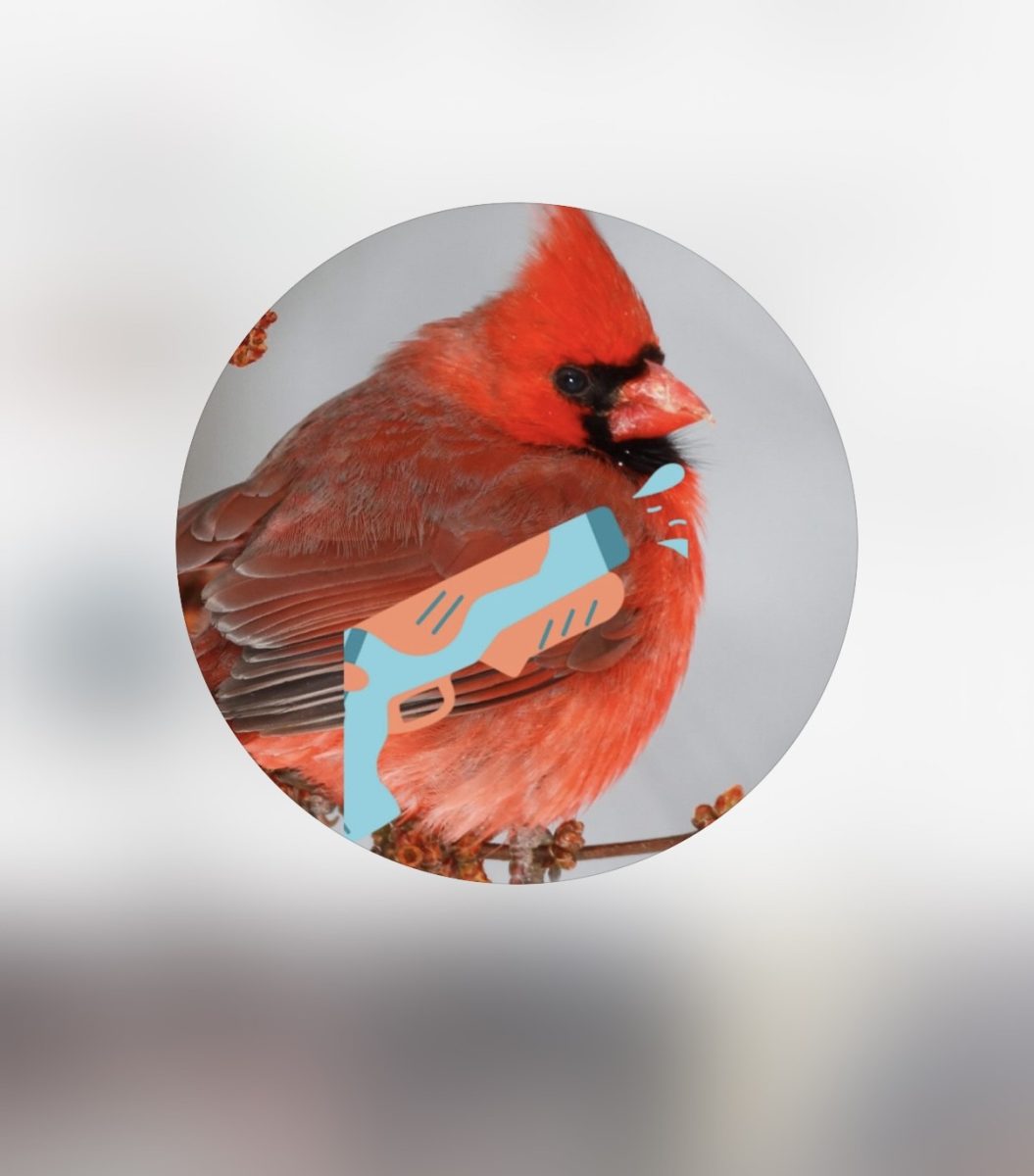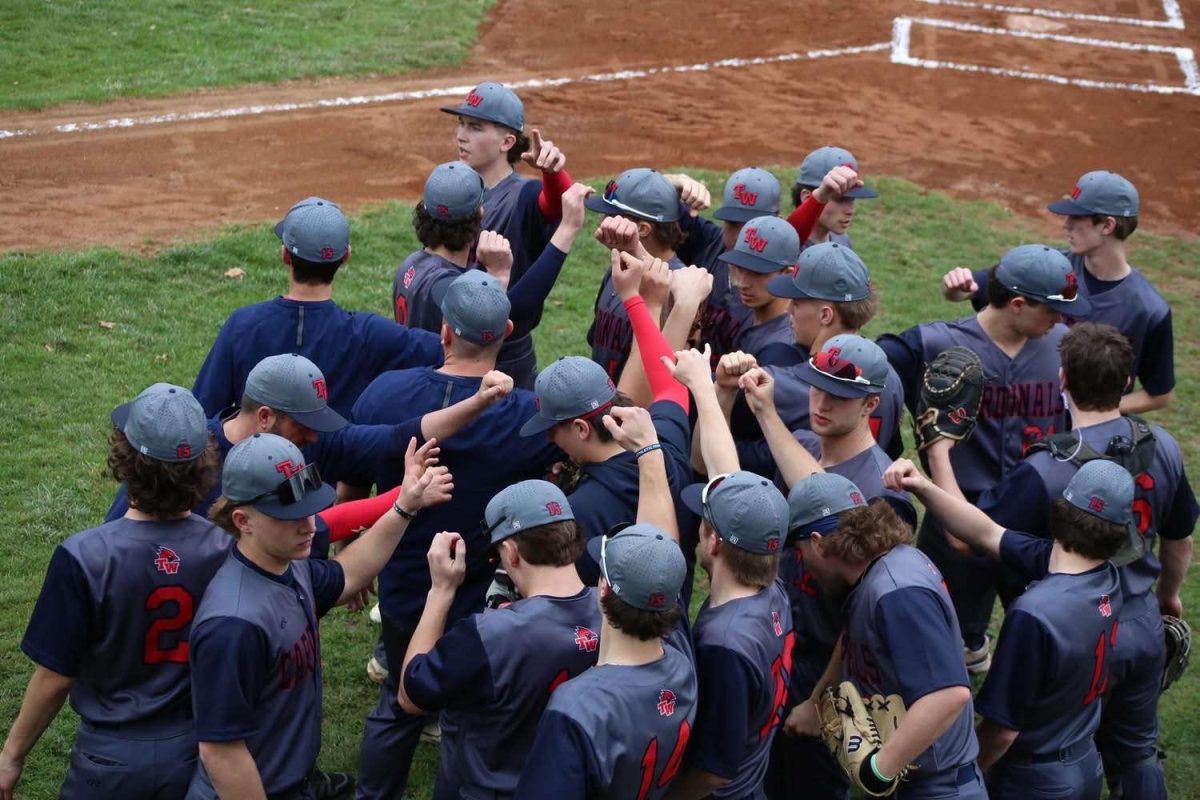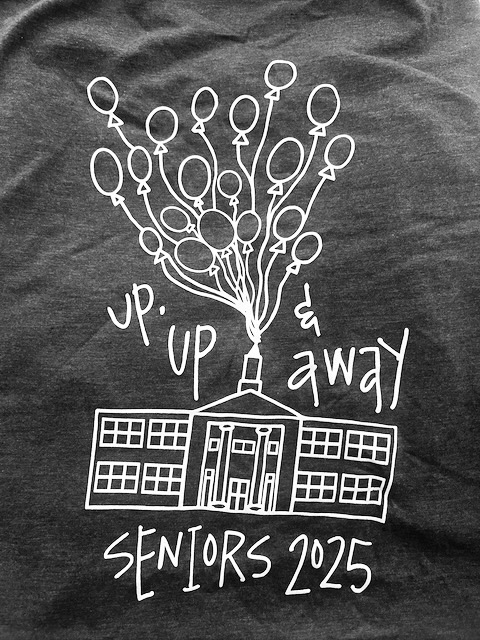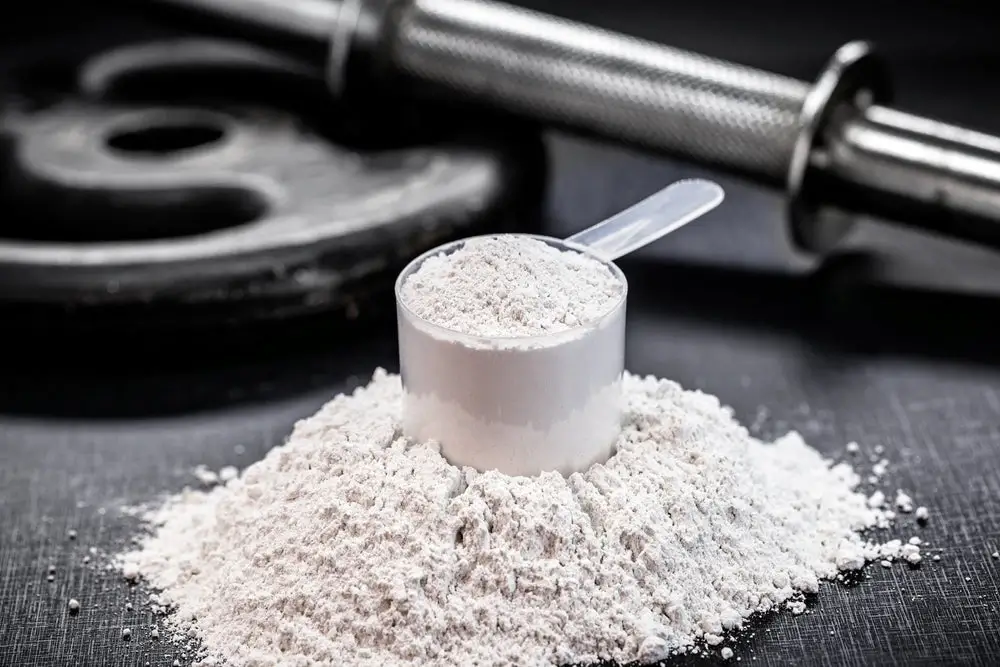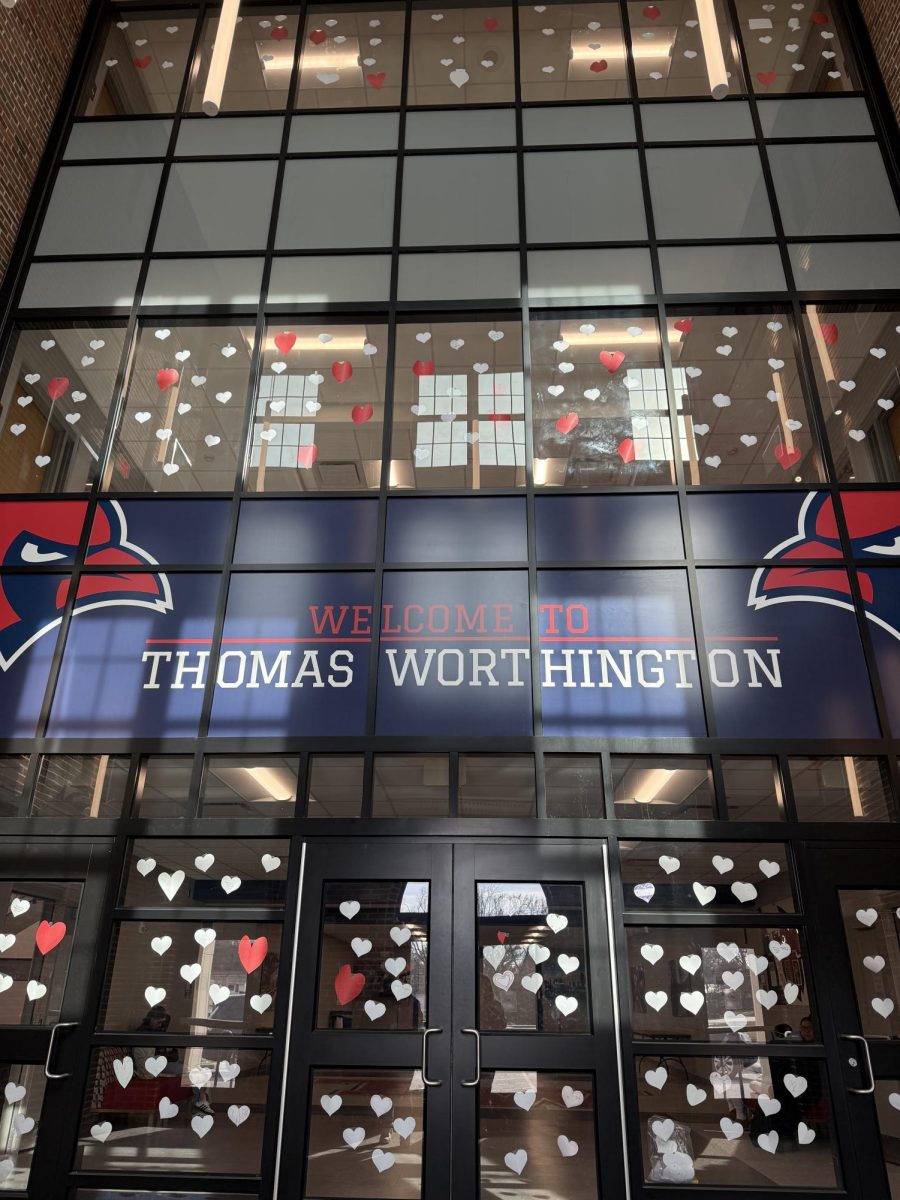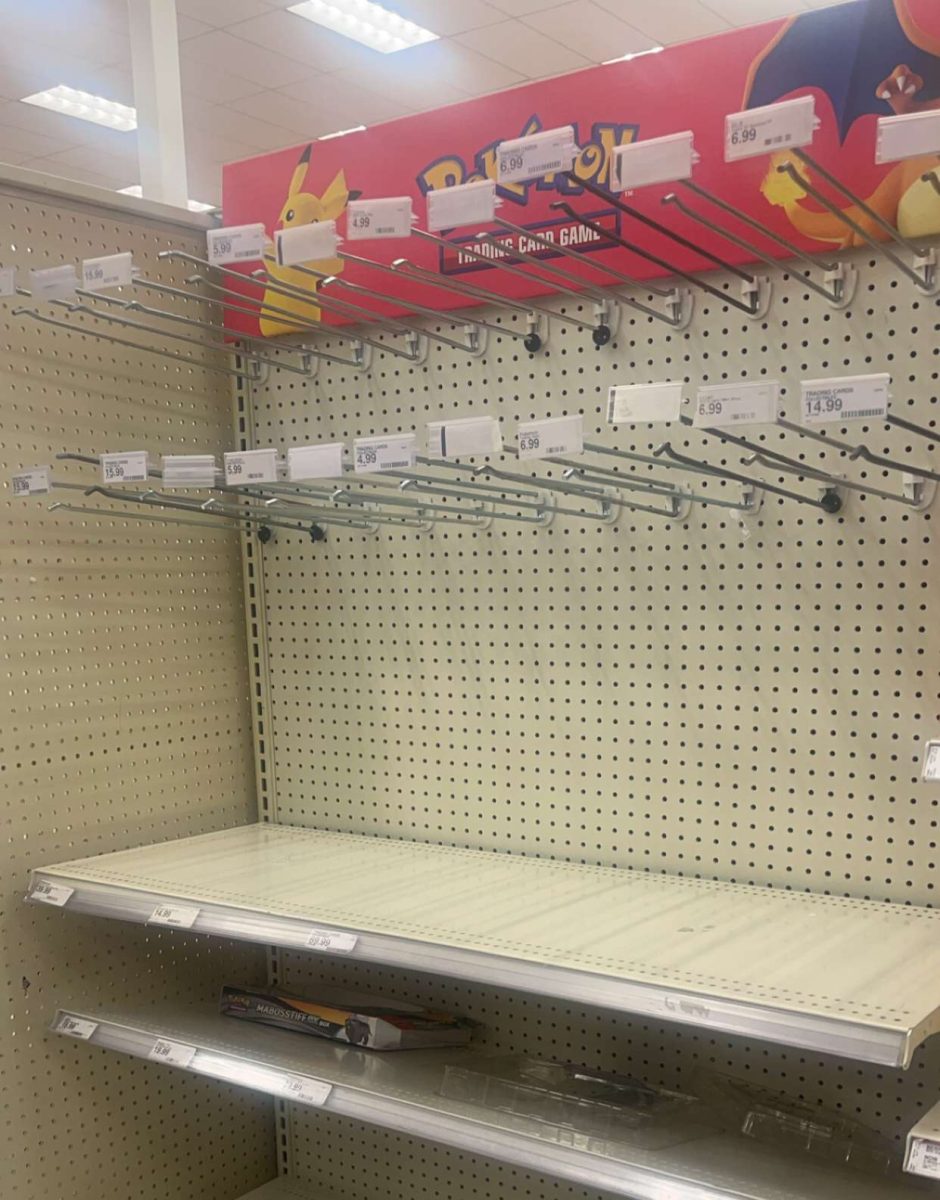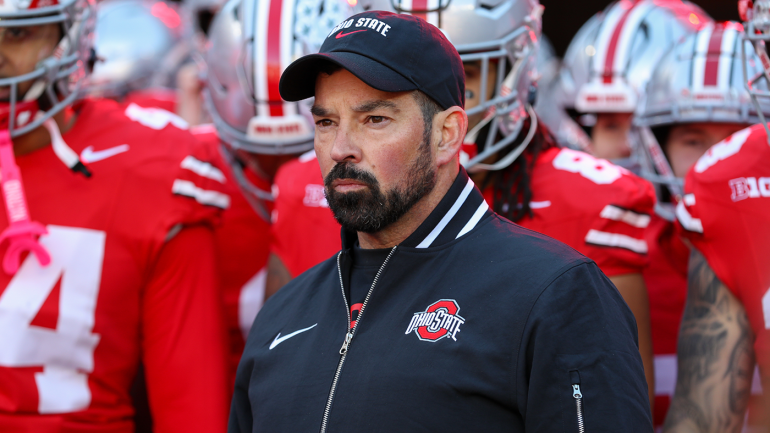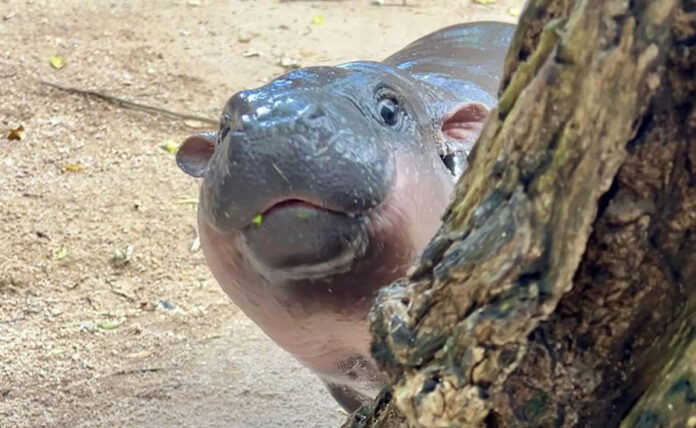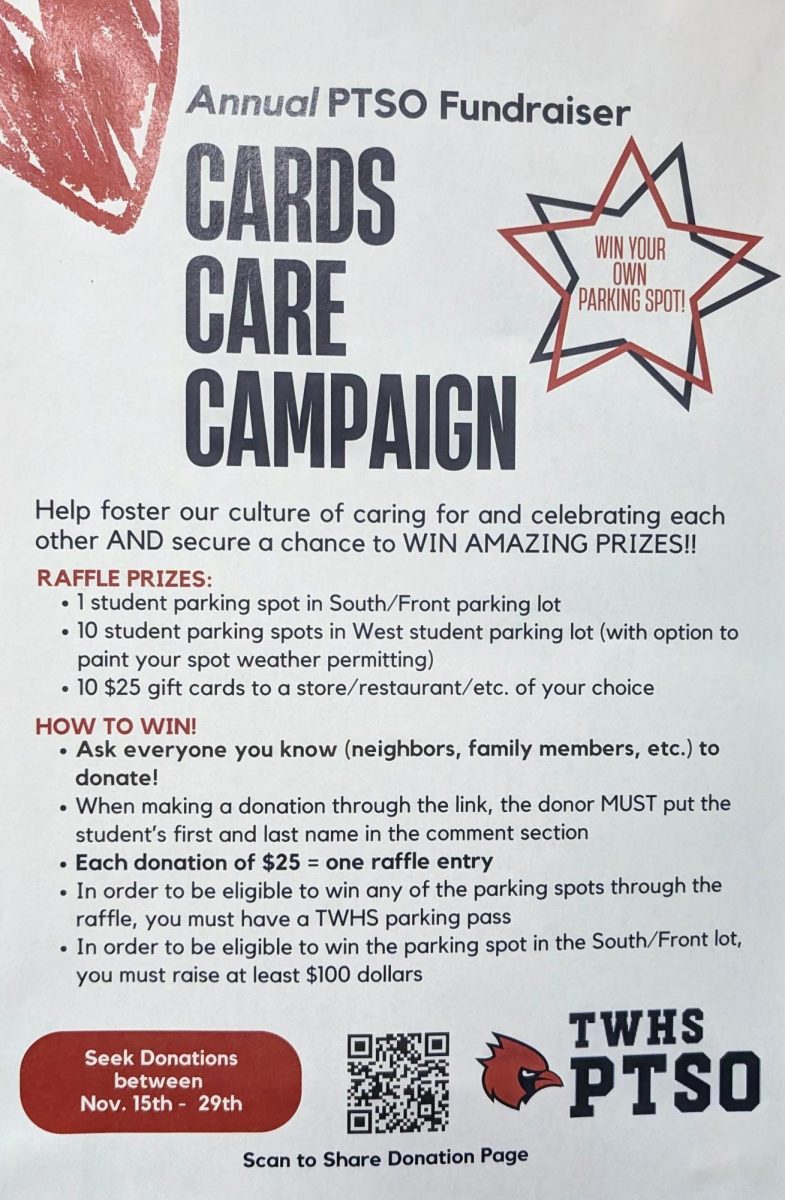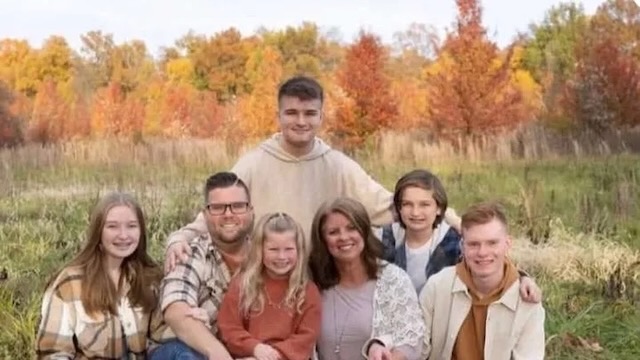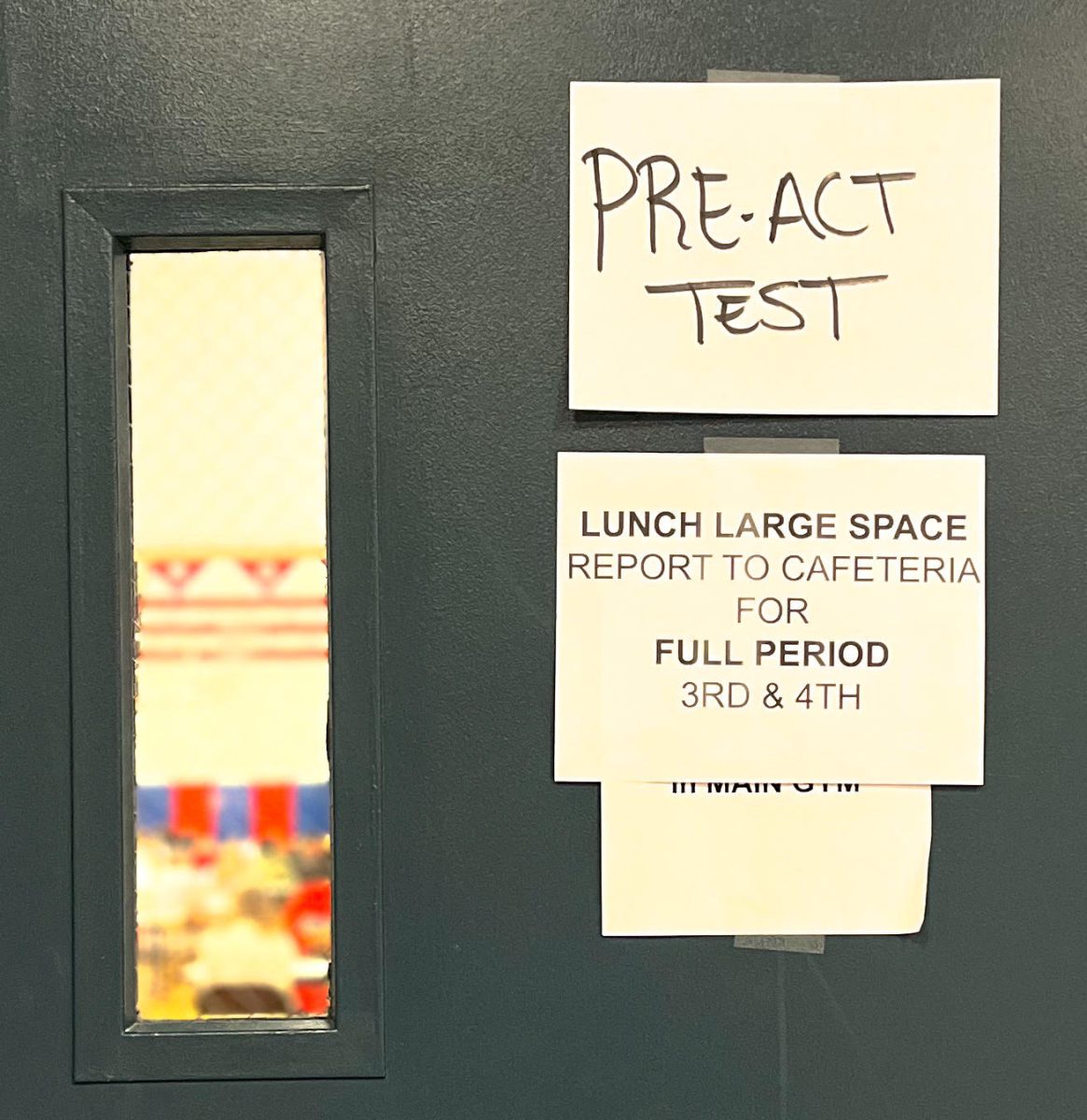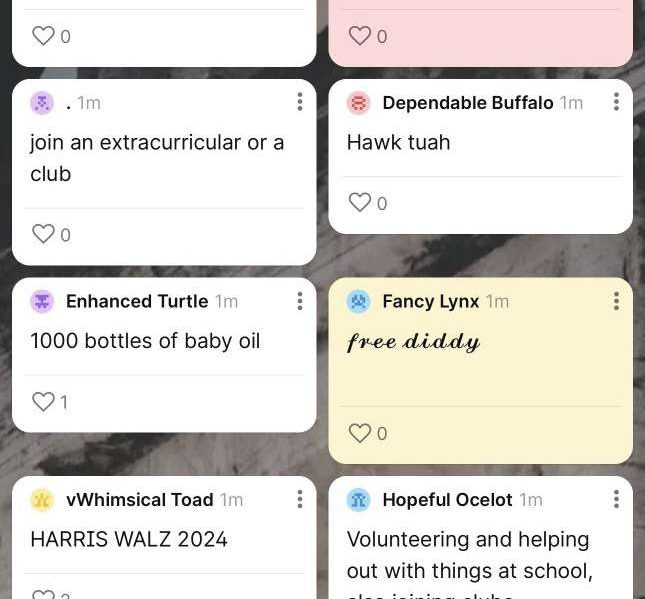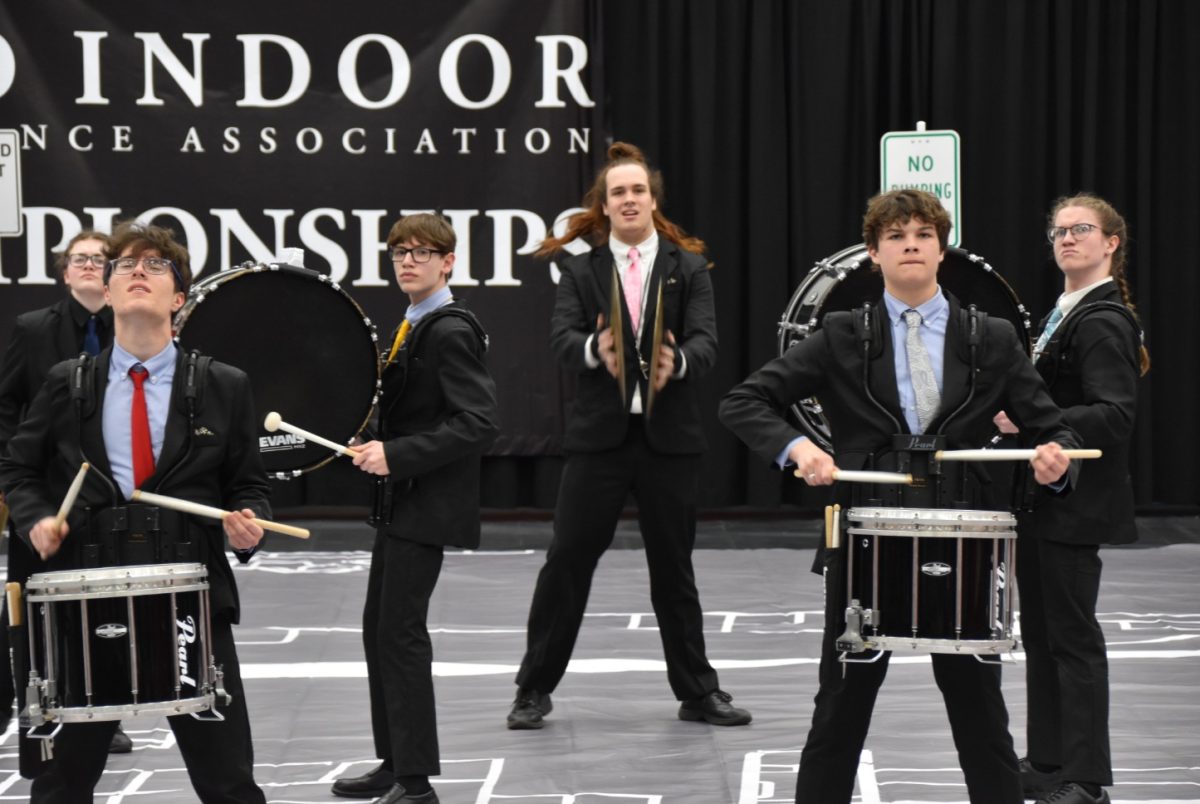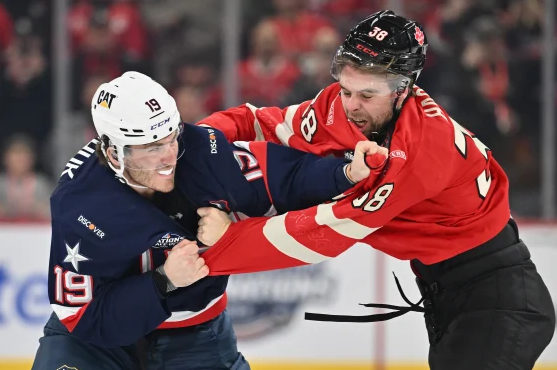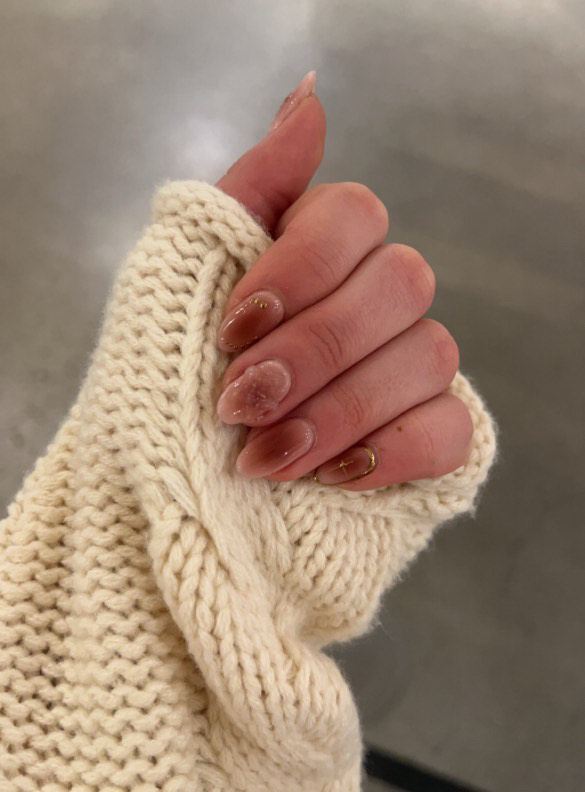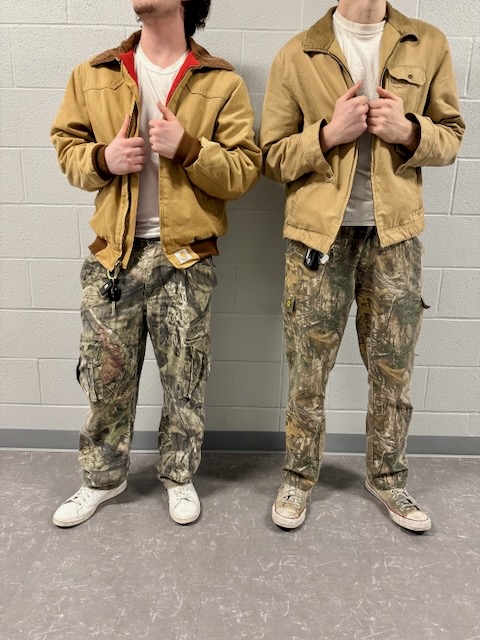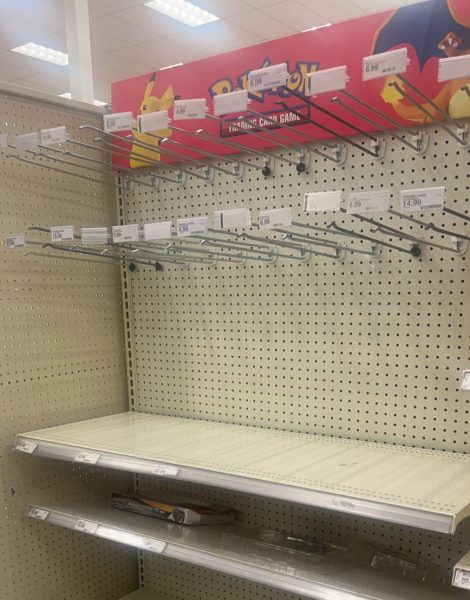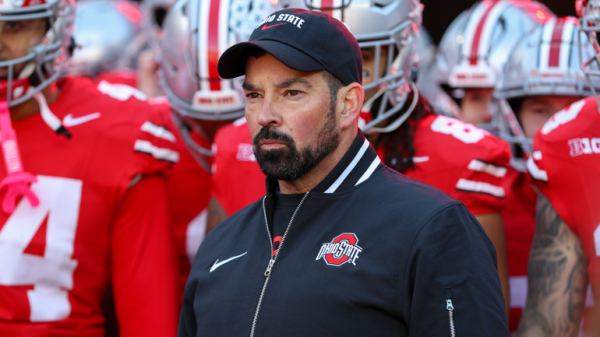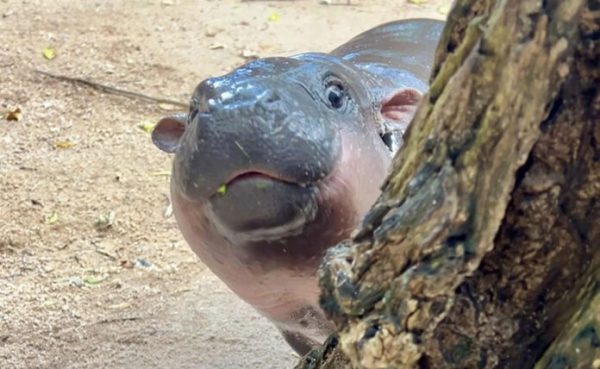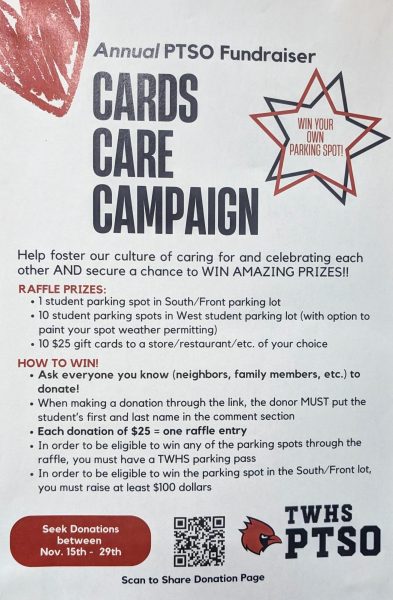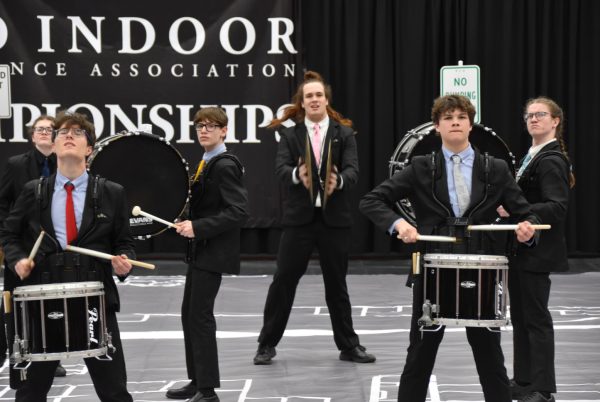Teen Vaccine Trials Underway
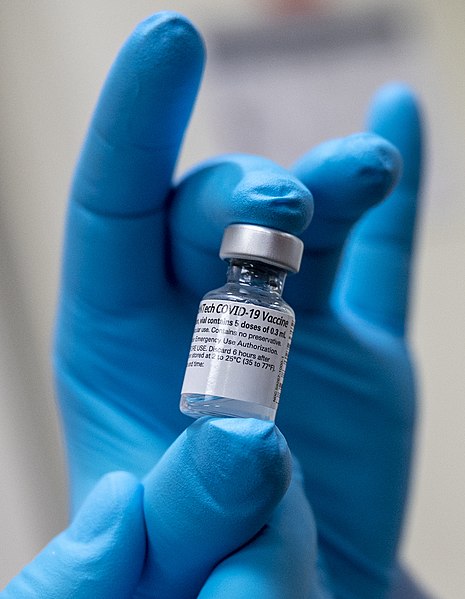
Army Spc. Angel Laureano holds a vial of the COVID-19 vaccine, Walter Reed National Military Medical Center, Bethesda, Md., Dec. 14, 2020. (DoD photo by Lisa Ferdinando)
The first trial is underway for the Moderna COVID-19 vaccine for adolescents. Moderna is offering trials for people ages 12-17 to test a vaccine safe for children. As the process of vaccinating the general public proceeds, trials will inevitably grow in availability to adolescents interested in participating. However, there is a process for participating in any trial. It is not always as simple as it may seem.
According to Moderna, the requirements for those who chose to participate in the Moderna trial were, “they must have been between the ages of 12 and 17, have never tested positive for COVID-19, been in good health, have not traveled outside the U.S. in the past month, have not participated in another trial in the past month, must not be a current smoker or have a history of smoking.”
The trial is a longitudinal study and totals about 13 months over the course of “6 study visits to the study clinic, and 2 visits by phone or video with the study doctor.”
As a part of the trial, the participants “will receive two injections in the upper arm, the injections will be one month apart, they will receive a nasal swab to test for COVID-19 before each injection. They will receive a call from the study doctor after each injection, followed by monthly calls for the next 12 months to monitor symptoms, and they will be asked to use an eDiary app to complete weekly entries about any COVID-19 symptoms.”
Participating in the trial does not guarantee that the participants will receive the vaccine; like any other good study, there is a placebo. The saltwater placebo ensures that the study adheres to the scientific research process. “Each study volunteer has a chance of receiving either the mRNA-1273 study vaccine or the placebo. This random assignment will be a 2:1 ratio, meaning there is a 67% chance of receiving the study vaccine.” Participants will be unaware to which injection they receive (vaccine or placebo) until the end of the study when they are debriefed. Regardless of
Despite skepticism, there are people in the 12-17 age group hoping to see a vaccine available for their age group by the end of April. Max Sweeney Forstheofel, a freshman at Thomas Worthington H.S. says he would be interested in participating in a trial if he had an opportunity. “It would help people and advance the COVID vaccine [process].” He is also hopeful to not be wearing a mask by the end of 2021. “It would be so good for things to go back to some kind of normal.”

